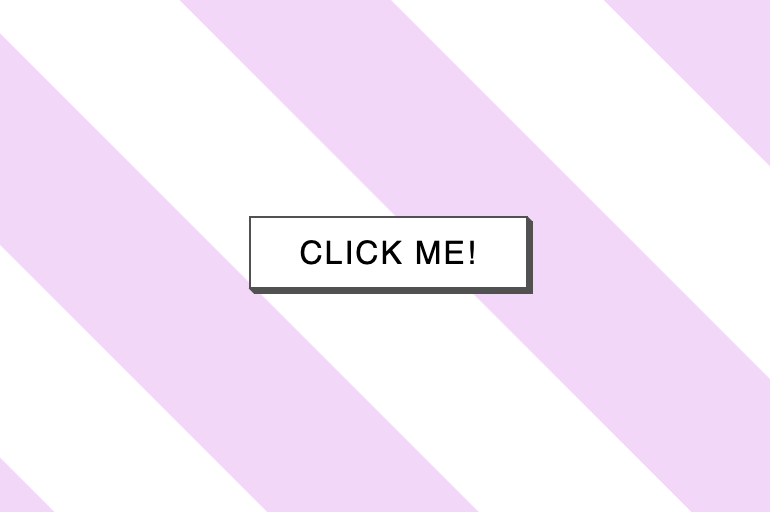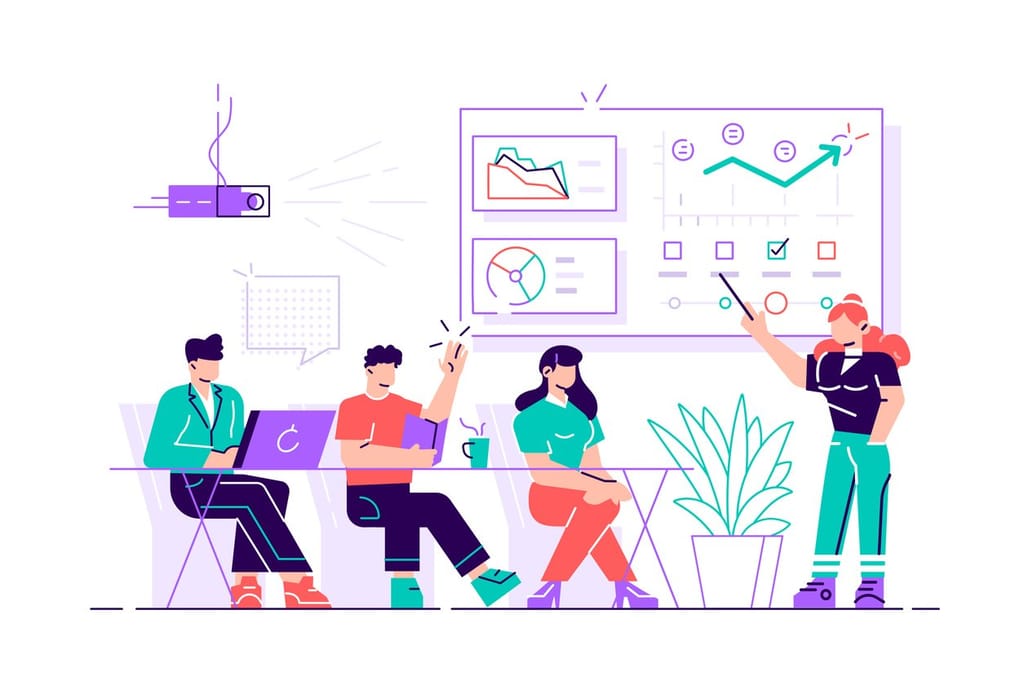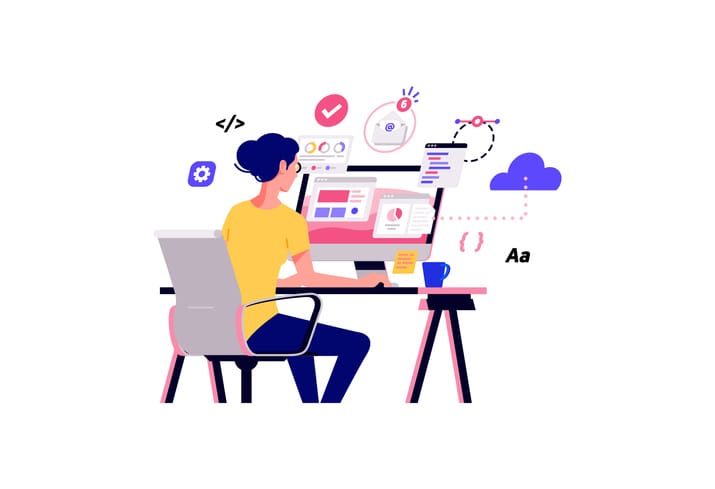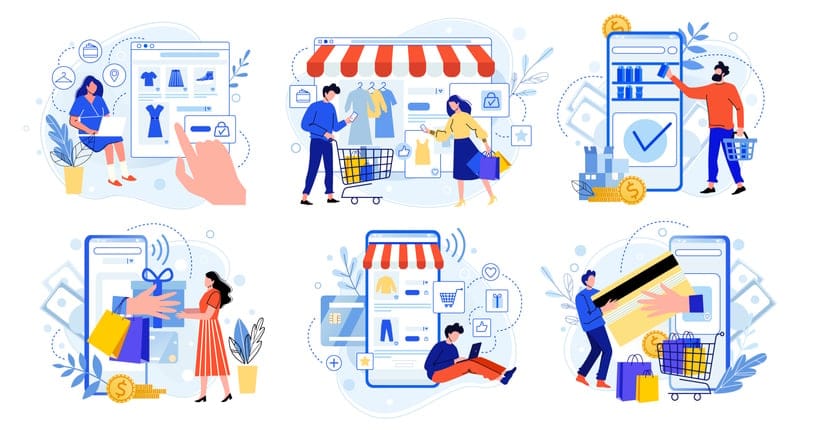
Want to know how much website downtime costs, and the impact it can have on your business?
Find out everything you need to know in our new uptime monitoring whitepaper 2021







As it gets harder and harder to advertise successfully online, mainly due to new regulations, more competition, higher budgets required, and so on, companies are turning to new ways of getting before their customers in the hope it leads to conversions. The newest trend? WhatsApp. With so many heavy integrations already working in the background of your CMS, is yours stable enough to offer yet another form of automated communication with your potential customers? Will your customers respond well to payment options in WhatsApp, now it’s owned by Facebook and all the policy issues that have surrounded it?
In 2020, Facebook announced that it plans to monetise WhatsApp which it currently offers as a free service to all users. This news may have come as a surprise to many of its millions of users across the world but I think we’ve forgotten that in a previous life, many moons ago, WhatsApp was not free. Since Facebook purchased the popular messaging app, they removed any fees and offered the service free of charge spurring people to ask the question – was the investment a smart move for Facebook?
Facebook purchased WhatsApp in 2014 when it came onto their radar, presumably WhatsApp users who also use Facebook stopped using their messenger service on Facebook and only used WhatsApp for messaging. This was a costly acquisition for Facebook with a price tag of $22 billion dollars and soon after the purchase in 2016, they made the service free. Previously the fee for the messaging app was $1 to download and for other countries like the UK, it offered a £0.69 annual subscription fee. The idea behind this was to provide the service for free whilst allowing WhatsApp to cover the running costs of the company.
Since the service has been free, there’s been massive pressure on Mark Zukerberg (CEO) and Sheryl Sandberg (COO) to monetise it and make the service part of their profit-making machine. Currently, on the international market, there are few apps that offer the same service but also allow for businesses to utilise it to increase their client base. Think about China’s WeChat app that offers the same messaging service to customers as WhatsApp, along with payment options to prevent flicking through multiple apps to complete a transaction. Because of this money-making service, WeChat offers the app completely free to its users as well as being a revenue-driving company.
It was expected that Facebook would follow suit and they started by looking at options to allow businesses to use the app as part of their customer service. Initially, however, Facebook wanted to allow ads on their story functionality as this has proven popular on another of its expensive acquisitions, Instagram. But they soon changed their mind and allowed for just a customer service approach and since that hasn’t generated as much revenue as they’d hoped, it’s now on course to allow for payments too. With over 1.5 billion users of the service, WhatsApp has a huge user base that Facebook can tap into and ultimately, use to their advantage.
As of 2021, many businesses are actively using WhatsApp as part of their customer service approach. They can communicate with their customers directly through the app and even allow them to send pictures and documents across its encrypted messaging service when necessary i.e. for a refund query. This has proven more popular since Facebook has chosen to move away from ads.
On Instagram, Facebook will place targeted ads as you scroll down on a “story”. As you are seeing what your friends and family have been up to in their travels (mainly in 2019), you would see an ad for something that you’ve previously shown an interest in. This is something they have now said they will no longer do as they fear users will stop using the app and go to a competitor such as Telegram, which is Russia’s answer to Instagram which is why their attention is focused now on WhatsApp.
In the UK, this might not be that much of a game-changer, but in countries where access to a computer is much harder to come by, it could completely change how people set up businesses and pay. As Elon Musk recently said “developing countries will skip the step where they install landlines and just go mobile” which is pretty much what has happened in developing countries, especially in the BRIC group. Brazil and India are two of the most popular countries where WhatsApp has a massive user base.
WhatsApp allows users in Brazil and India to connect with their customers and be able to manage their business dealings via the app. Due to its limitations, it is currently being used mainly for communication such as voice calls, video calls, and messaging but soon Facebook is hoping to introduce an option to accept payment similar to Alipay. The idea is to allow payments to go through the app allowing Facebook to become a financial payment service provider and therefore placing them in a new industry which they currently don’t have a foot in. This service is not only hugely beneficial for Facebook but the social impact it will have for users in countries where financial payment services are not easily available will be tremendous. It will allow people to create and build a business where cash flow will be that little bit easier to manage.
For once we can say that monetising a free service will have a positive effect on users as it will allow for some less fortunate individuals to get access to the current banking and payment systems. The only uncertainty at the moment is if Facebook will definitely go ahead with this plan. Only time will tell with these social media giants; they need to look at the bigger picture and work around any issues they have as this will soon become an essential service. They already have the infrastructure in place so now they just need to push through and find the solution from their side to make this a reality. I didn’t think I would ever say this but we need Facebook to improve its app further to be able to achieve this ambition and help people on a global scale.
Share this

3 min read IPFS is a game-changer for decentralised storage and the future of the web, but it still requires active monitoring to ensure everything runs smoothly.

3 min read For any web developer, DevTools provides an irreplaceable aid to debugging code in all common browsers. Both Safari and Firefox offer great solutions in terms of developer tools, however in this post I will be talking about the highlights of the most recent features in my personal favourite browser for coding, Chrome DevTools. For something

6 min read There has certainly been a trend recently of using animations to elevate user interfaces and improve user experiences, and the more subtle versions of these are known as micro animations. Micro animations are an understated way of adding a little bit of fun to everyday user interactions such as hovering over a link, or clicking

2 min read Read about the latest websites that have experienced downtime including Netflix, Twitter, Facebook and more inside!

2 min read Read about how Google suffered an outage due to the soaring temperatures in the UK in July and how they rectified it right here!

3 min read See the results of our website downtime survey to see some of the most shocking and surprising stats! You won’t be disappointed.
Find out everything you need to know in our new uptime monitoring whitepaper 2021